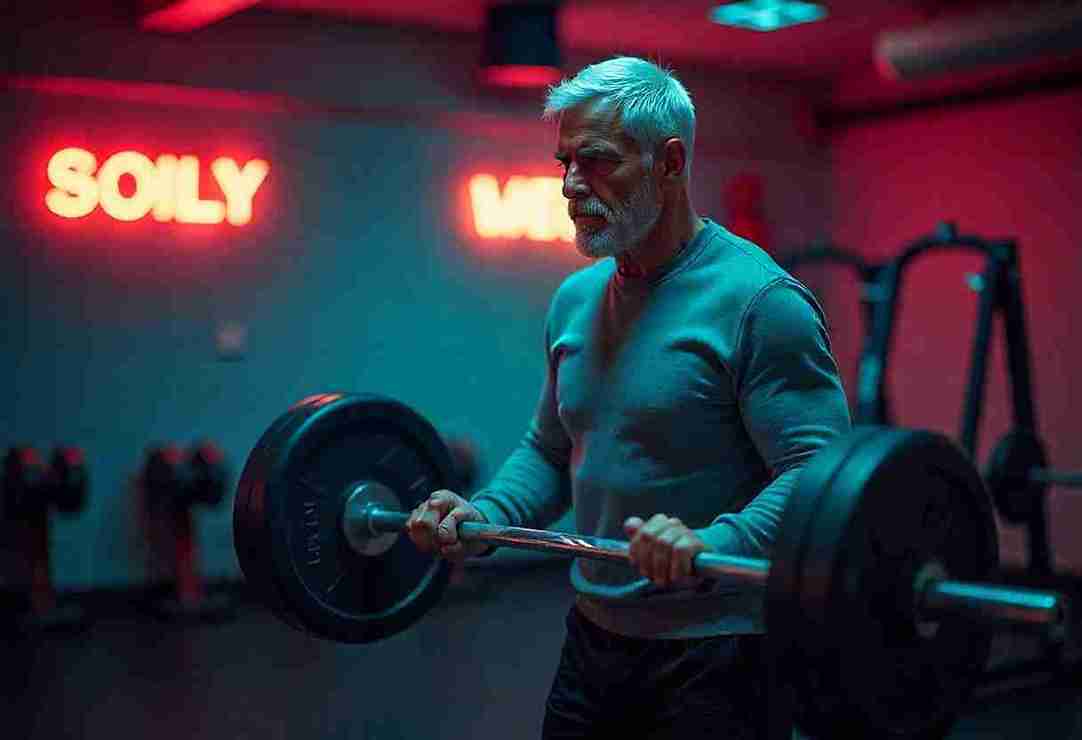As people age they worry about memory decay and cognitive decline but what if something as easy as daily exercise helped you keep your brain healthy. New research shows that there is a substantive link between physical activity and retention of memory in the elderly. This article examines how exercise acts as a natural buffer against age-related memory loss and then provides suggestions for ways to move your body.
Children and teens experienced the most memory improvement, while individuals with ADHD showed significantly greater change in executive function. This study illustrates that all forms of movement, even in small bursts, can lead to major cognitive improvements, and presents exercise as an easily accessible and necessary strategy to improve brain health for everyone at all lifespan stages.
The Science Behind Exercise and Brain Health
As we age, brain systems like the hippocampus—crucial for memory formation—obviously cut back. This shrinkage is linked to forgetfulness and issue studying new facts. however, research display that regular exercising can sluggish or even reverse this process.https://seherblogging.com/eating-your-way-to-weight-loss-a-food-focused/
- Boosting Blood Flow: Physical activity increases blood circulation, delivering oxygen and vitamins to the brain. This helps the increase of new neurons (mind cells) and strengthens connections among them.
- freeing mind-pleasant chemicals: exercise triggers the discharge of BDNF (mind-Derived Neurotrophic component), a protein that repairs brain cells and enhances cognitive function.
- reducing inflammation: continual infection quickens brain growing older. workout lowers inflammatory markers, shielding neural tissues.https://neurosciencenews.com/exercise-memory-aging-28512/
Key Study Findings
A groundbreaking look published in Frontiers in Human Neuroscience tracked adults aged 60–eighty who engaged in slight cardio exercising (e.g., brisk walking, biking) for 6 months. Results confirmed:
- A 2–3 % growth in hippocampus size—equivalent to reversing age-associated shrinkage via 1–2 years.
- Advanced scores on reminiscence exams, particularly in recalling names, faces, and spatial navigation.
- Greater temper and reduced strain, neither of which directly help cognitive health

What type of exercising works exceptionally?
- Cardio exercise: Sports like swimming, going for walks, or dancing are most effective for enhancing memory. Aim for 150 minutes/week of mild-intensity exercise.
- Strength schooling: Lifting weights or using resistance bands facilitates preserving muscular tissues, which is linked to higher metabolic fitness and mind feature.
- Thoughts-frame Practices: Yoga and tai chi integrate motion with mindfulness, reducing pressure and enhancing awareness.
Practical recommendations to get started
- Mix It Up: combine aerobic, energy training, and flexibility physical games to maintain routines enticing.
- Socializing at the same time as shifting: join a walking organization or dance magnificence—social interaction similarly stimulates the mind.
- Song development: Use apps or journals to monitor interest degrees and celebrate milestones.

Why Consistency Subjects
The brain thrives on the ordinary. An abnormal workout offers short-term benefits, however, lengthy-time period consistency is key to sustaining memory enhancements. Think of exercise as a “mind financial savings account”—the extra investments you make now, the greater your cognitive reserves later.
Conclusion
Exercising isn’t just for your frame; it’s a lifeline in your mind. By staying active, older adults can shield their reminiscence, delay cognitive decline, and revel in a higher excellent of life. Whether it’s gardening, swimming, or dancing, discover an interest you like—and your brain will thank you for future years.
What type of exercise is stylish for brain health?
Aerobic exercises( e.g., brisk walking, swimming) are most effective for memory and cognition. Brace them with strength training( e.g., resistance bands) and mind- body practices( e.g., yoga) for maximum benefits.
How does exercise cover memory as we age?
Exercise boosts blood inflow to the brain, stimulates the release of growth- promoting proteins like BDNF, and reduces inflammation — all of which help maintain brain structures like the hippocampus, which is vital for memory.
How important exercise do I need to see results?
Aim for 150 twinkles of moderate- intensity aerobic exercise per week( e.g., 30 twinkles, 5 days a week). Indeed short diurnal walks can make a difference over time.
Is it too late to start exercising if I’m formerly aged?
No! Studies show that grown-ups in their 60s, 70s, and 80s can still witness brain benefits, including bettered memory and hippocampus growth, by espousing regular exercise routines.
. Can exercise really rear brain aging?
While it ca n’t stop growing entirely, exercise can decelerate down or indeed rear age- related loss of the hippocampus, effectively making your brain “ youngish ” by 1 – 2 times, according to exploration.







